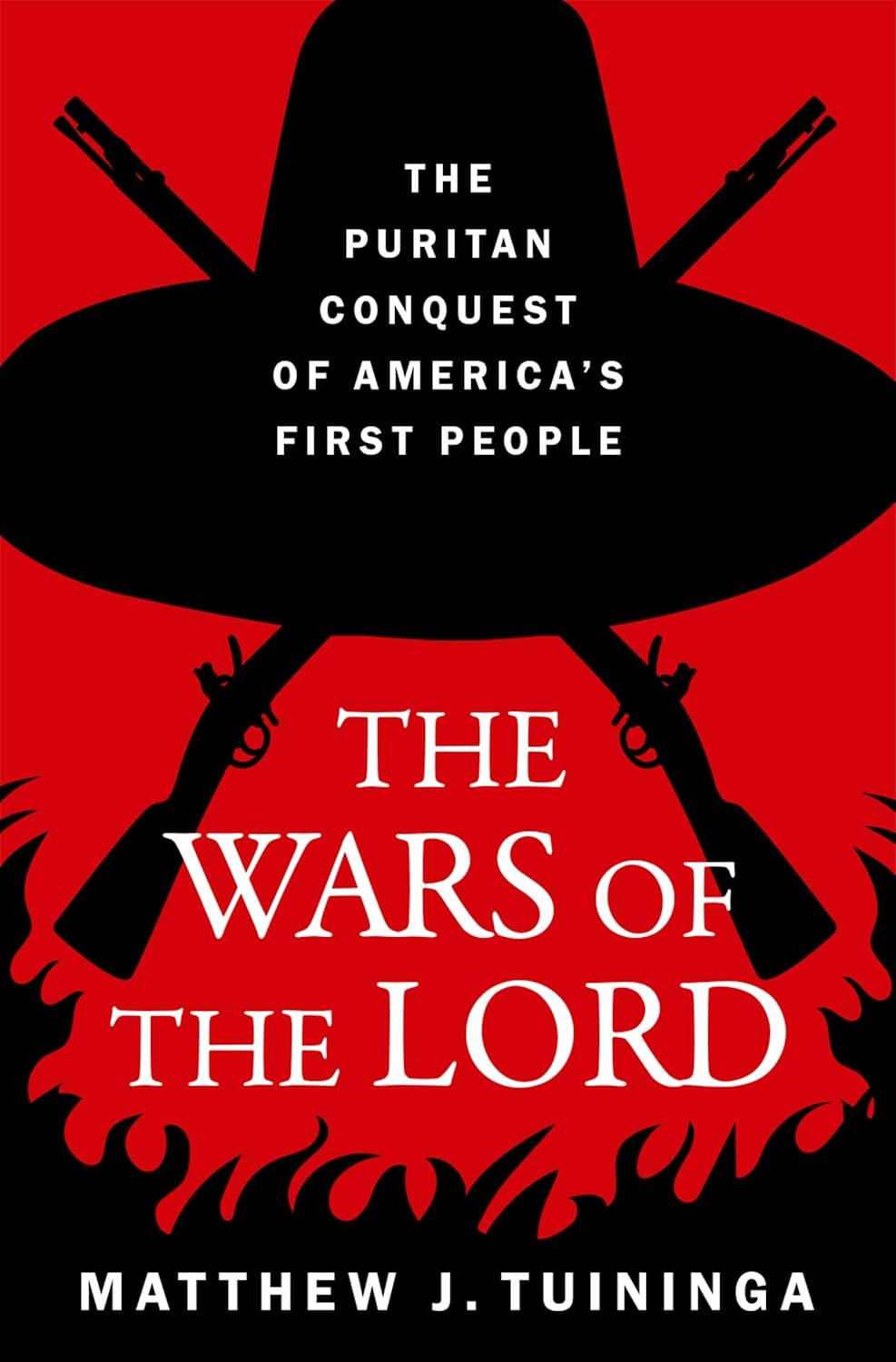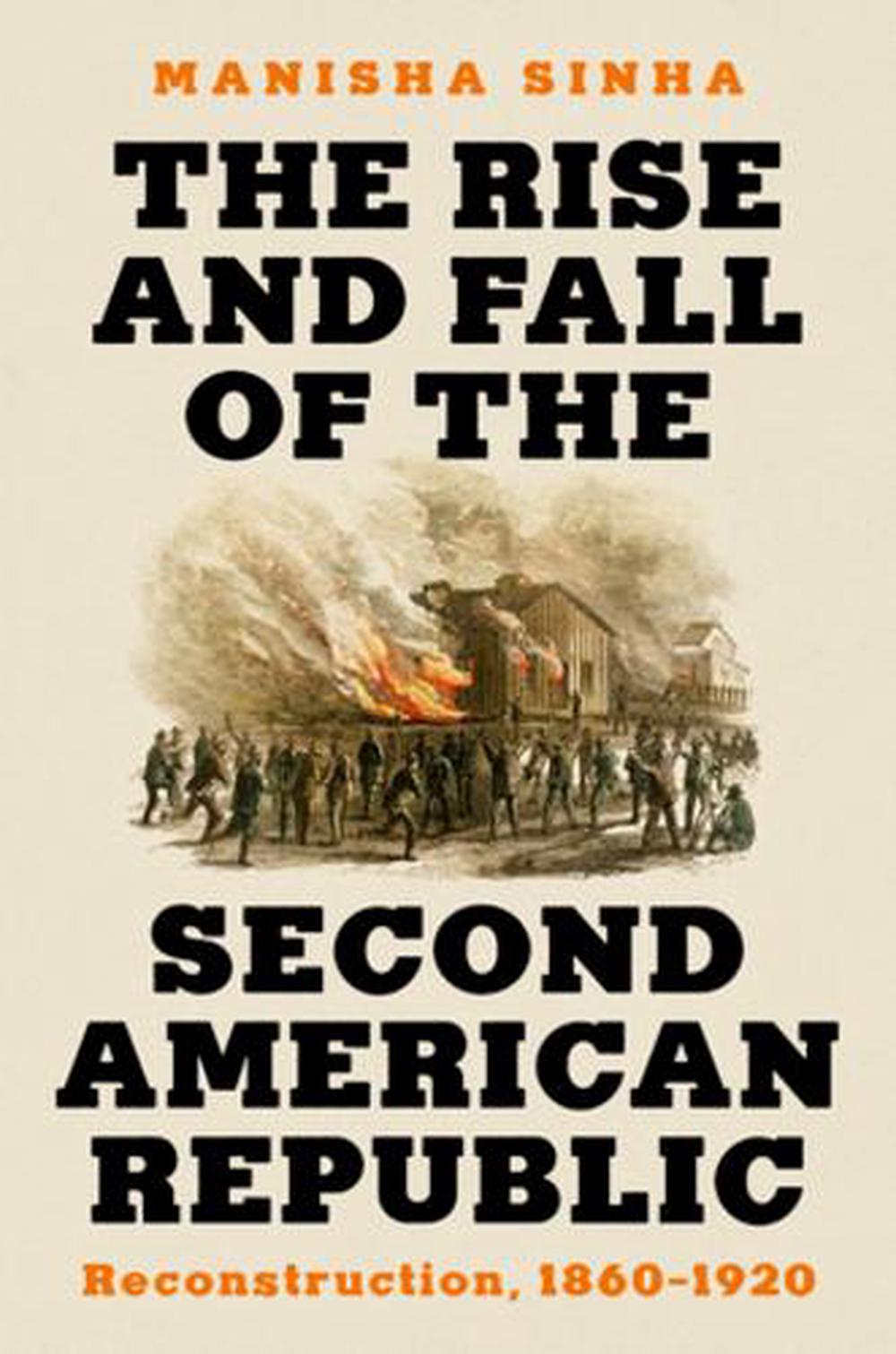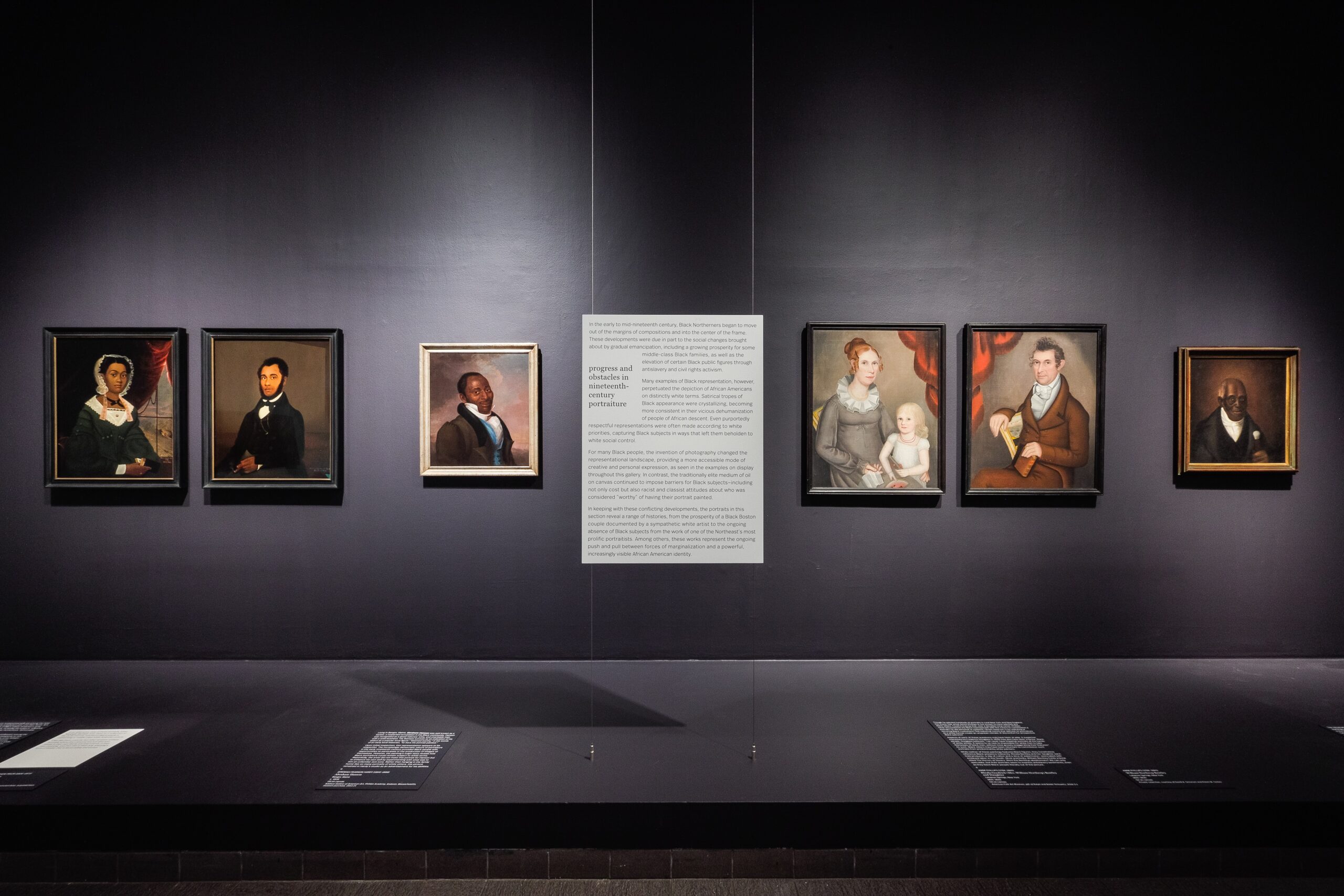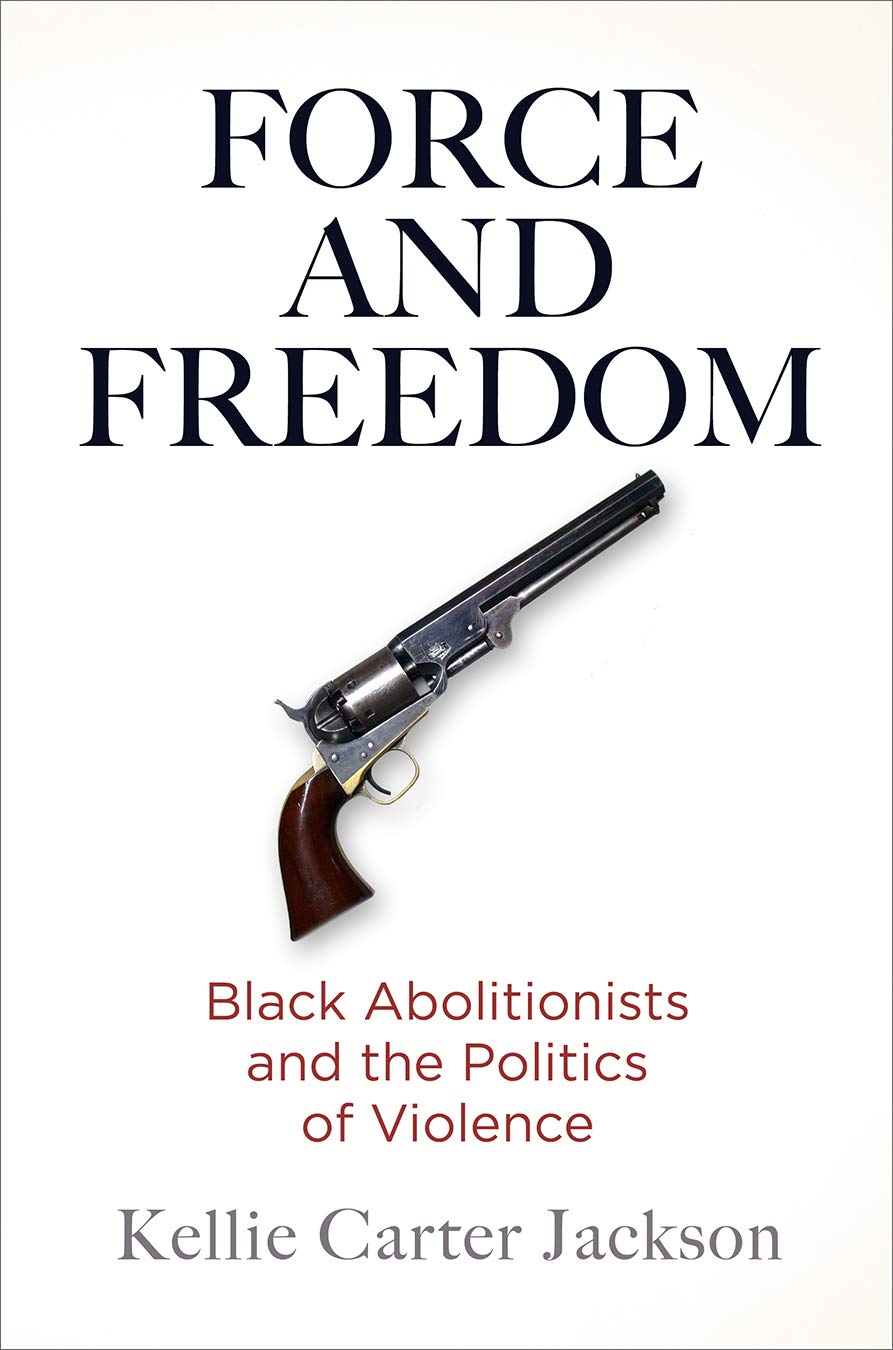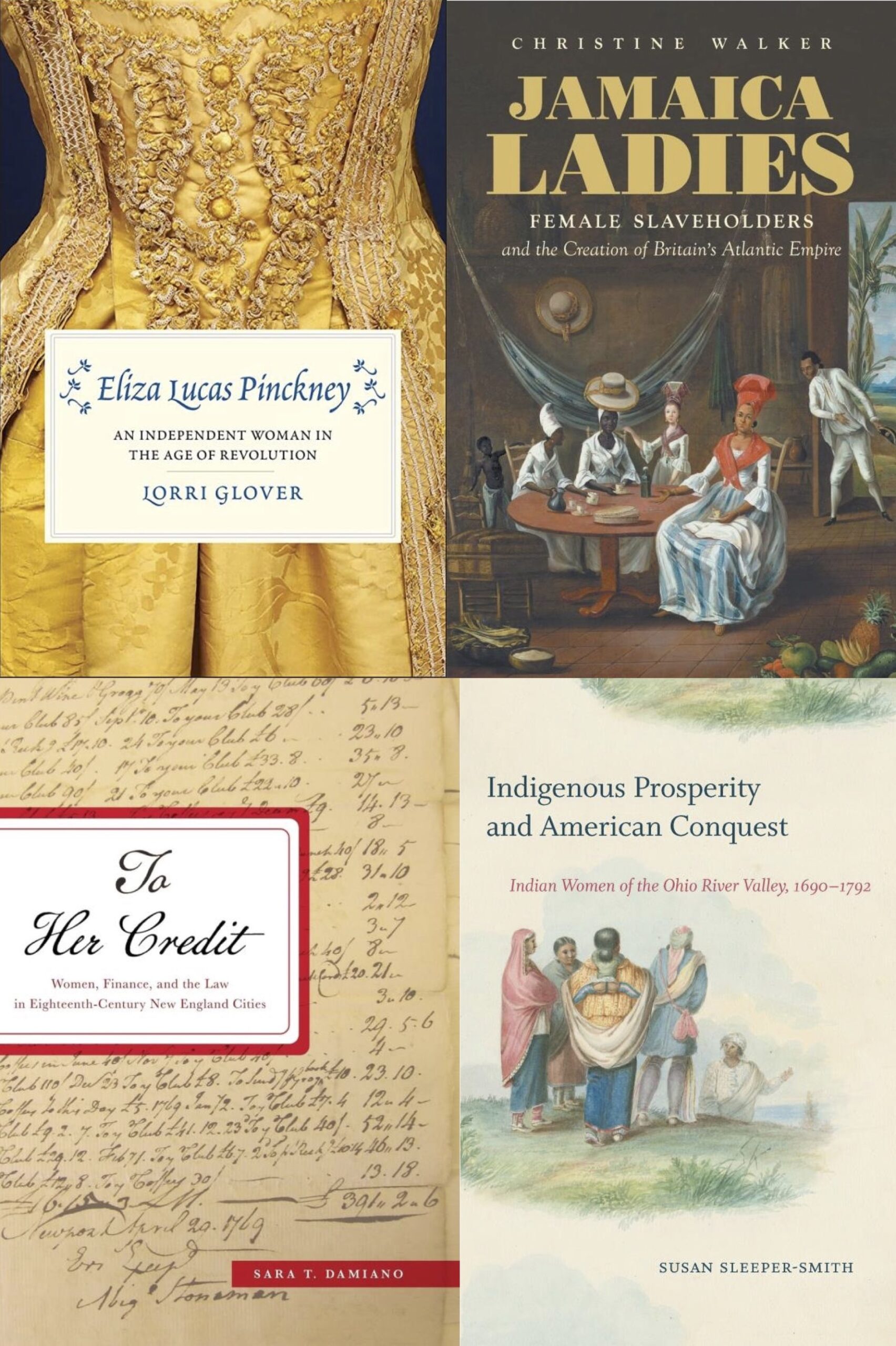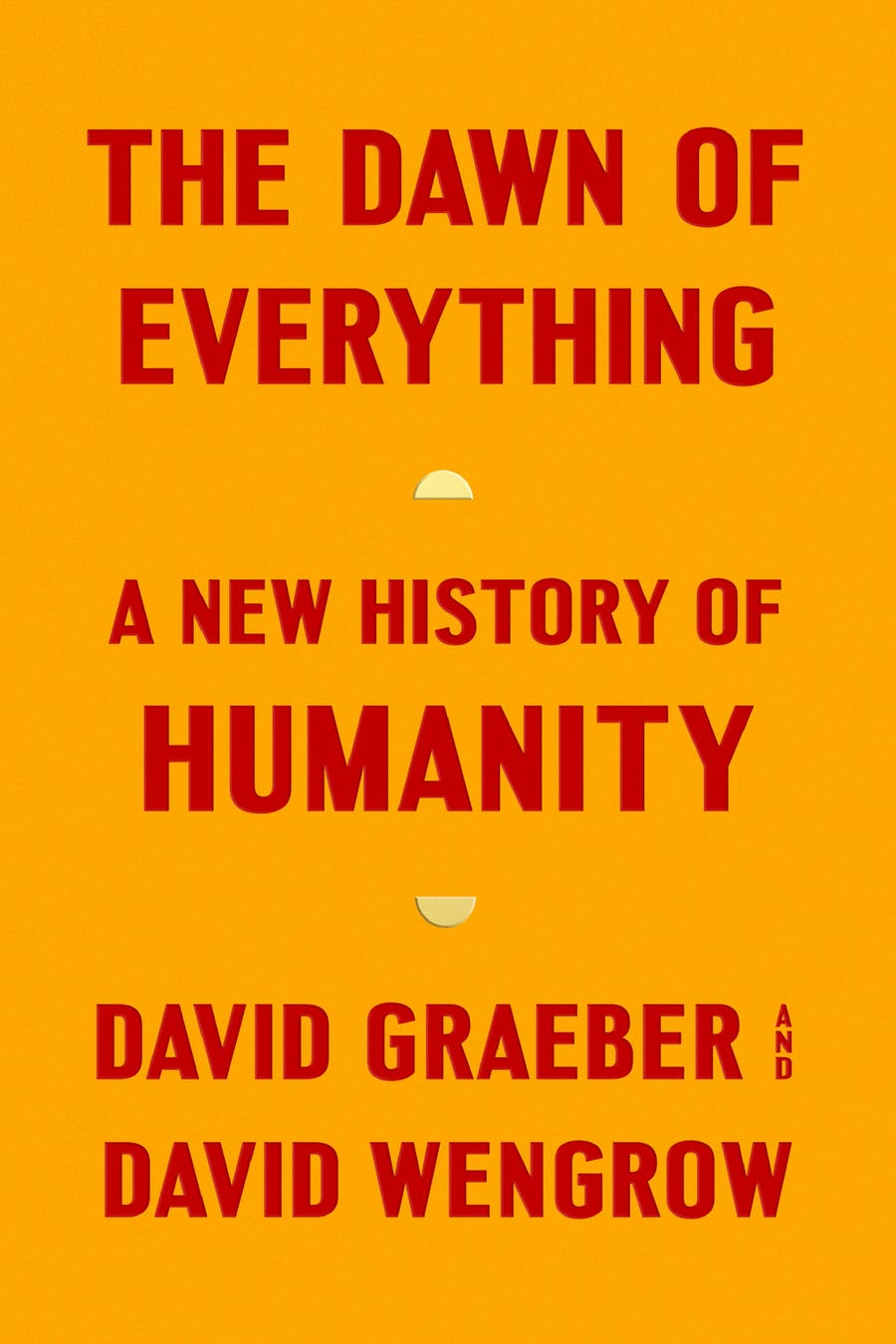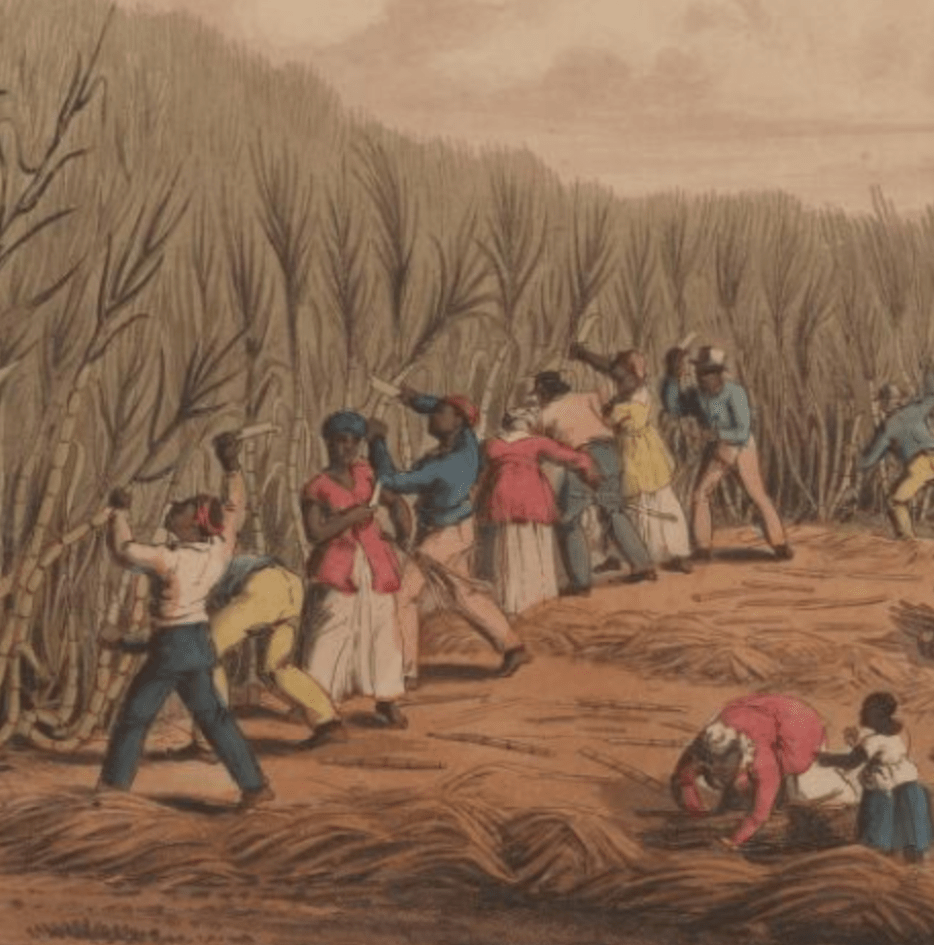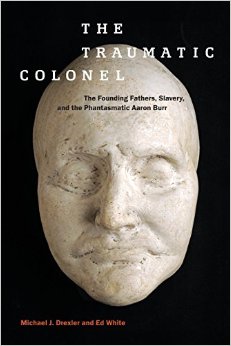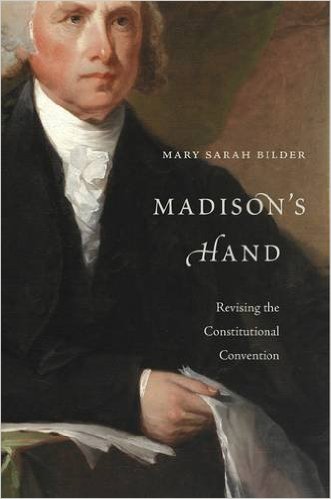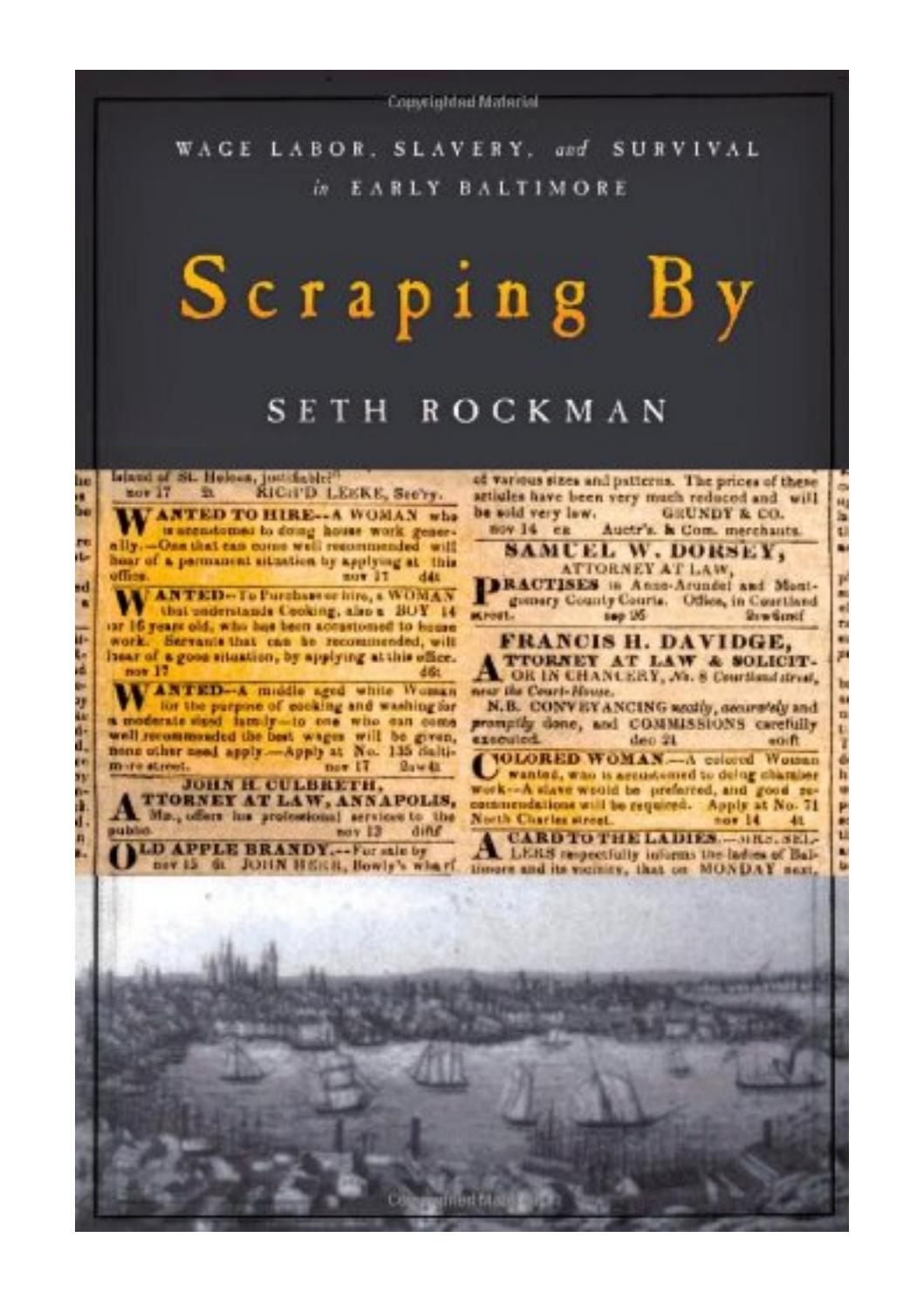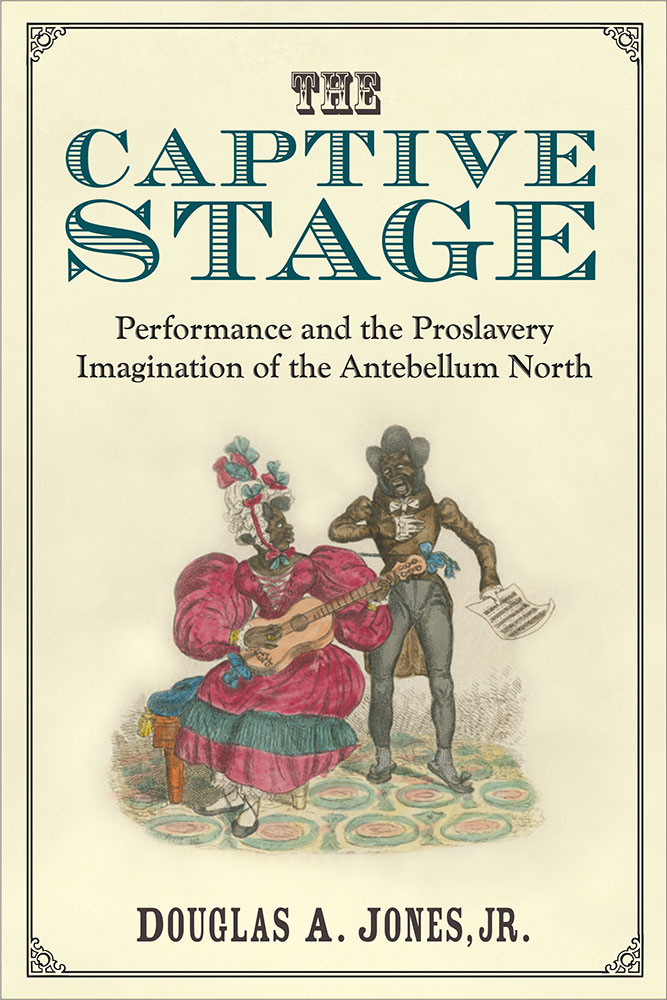At least since the publication of David Hall’s influentialWorlds of Wonder, Days of Judgment, historians of Puritanism in colonial New England have gradually been demolishing the notion, once dogma after the publication of Perry Miller’s influential works, of the essentially proto-modern rationalism of Puritan intellectual and religious life. By the same token, historians of early modern science have taken issue with the idea, once put forward by Keith Thomas, of a generally antagonistic relationship between early modern religion (especially Protestantism) and magic. It is more appropriate, Hall posited, to speak of an accommodation between magic and religion in the early modern period than to regard them as two separate traditions.

Just how pervasive the practice of magic was among the New England elite during the seventeenth century, and just how important its appreciation is today for an adequate understanding of colonial New England history and culture, is shown by Walter Woodward’s Prospero’s America. Neither natural magic nor the occult sciences such as alchemy and astrology (excepting only judicial astrology) were seen as incompatible with Reformed religion in the seventeenth century. In fact, Woodward suggests, Protestantism may have energized the practice of what he calls the “Christian alchemy” elaborated by such Reformers as John Winthrop, Jr., Samuel Hartlib, Johann Moraien, and Robert Child, who “viewed God as an active agent in the alchemical quest” and believed that “God intended alchemical knowledge to be the province of pious practitioners who would be dedicated to using the fruits of their quest for godly ends” (12). With regard specifically to the central figure of his account, John Winthrop, Jr., Woodward aims to disprove two traditional assumptions: one, that Winthrop’s pursuit of the occult sciences was overall a marginal aspect of his intellectual life; and two, that he practiced them so secretly that they remained largely unnoticed by his contemporaries (215). On the contrary, Woodward argues, not only did Winthrop’s practice of the occult sciences fundamentally inform his most prominent public endeavors and politics—as founder of New London, as physician of New England, as governor of Connecticut, a fellow of the Royal Society of London—but he publicly and deliberately cultivated his persona as New England’s alchemical magus.
Yet, as Woodward reflects in his introduction, despite the prominence of Winthrop’s alchemy thatProspero’s Americaaims to establish, the historian of early modern “occult philosophy” is faced by special challenges. Despite the richness of information contained in the voluminous correspondence, account books, manuscripts, images, maps, and books that Winthrop left behind and that now constitute the collection housed at the Massachusetts Historical Society collectively referred to as the Winthrop Papers, seventeenth-century alchemists such as Winthrop were committed to a tradition of alchemical secrecy that keeps specific alchemical information hidden from the modern historian behind a veil of ciphers, textual lacunas, and oblique references to information too valuable to be put in writing. As a result, the modern historian of seventeenth-century occult science is often left to “sift through the evidence he has about the evidence he doesn’t have and hopes he has correctly interpreted his clues” (11).
The opening chapter places John Winthrop, Jr., in the context of the wider European resurgence of “occult philosophy” during the Renaissance, particularly of the sixteenth-century traditions of such Italian Renaissance Neoplatonic Hermeticists as Ficino and Pico della Mirandola, of such Northern Renaissance figures as Agrippa and Paracelsus, and of such English Elizabethan occult philosophers as John Dee and Thomas Tymme. It also places Winthrop in the context of the Rosicrucian movement, Francis Bacon’s prophetic “Great Instauration” of scientific reform, and the fervent millenarianism of the Puritan Revolution, which saw a flood of publications in alchemical tracts that espoused alchemy as “both a chemical and a spiritual undertaking whose practices mirrored and symbolized the spiritual objectives of the Puritan saint” (38). Chapter two places Winthrop in the more specific context of a seventeenth-century Northern European “Pansophic” movement, a trans-Atlantic “Republic of Alchemy” striving for universal wisdom and reform and including German, Dutch, English, and colonial American men of science who aimed at a “fusion of pragmatic economics and spiritual intentions” and that often bridged sectarian boundaries (45). Due to the Christian Neoplatonism that he shared with others in this circle, such as Samuel Hartlib, Jan Comenius, Edward Howes, and John and Abraham Kuffler, Winthrop kept a conspicuously low profile in the great sectarian schisms that plagued colonial New England in its early years, such as the Antinomian controversy of the 1630s, in which Winthrop appears to have been at odds (if not in open conflict) with the Puritan orthodoxy led by his father. Instead, Winthrop was busy in spearheading various pansophical projects that would put his alchemical knowledge to the public use of universal reformation through technological and scientific advancement, such as the establishment of a salt-making enterprise in New England. Winthrop was hereby greatly energized by his travels in Europe, in the course of which he met Hartlib and others, and from which he returned to New England in 1643 on an “alchemical errand into the wilderness,” filled with a sense of optimism and possibility.
One of the products of Winthrop’s pansophical program in America during the 1640s was the founding of New London as a visionary center for his alchemical undertakings, particularly the establishment of a New England ironworks and black lead mines. Woodward argues that Winthrop’s alchemical knowledge and philosophy profoundly shaped his responses to the challenges with which his fledgling settlement was faced from the outset, particularly volatile Indian relations in the aftermath of the Pequot War. For example, Winthrop carefully and deliberately cultivated a perception of himself among the Indians as not only “an English paramount sachem” [leader] but also, aided by his expertise in medicine, as a shaman. As an alchemist, Woodward suggests, Winthrop may have had an understanding of Native shamanism superior to that of most of his contemporaries, as there were certain similarities in European occult philosophy and Native shamanism (112). Yet the complications of inter-tribal and inter-colonial politics ultimately forced Winthrop to scale back his ambitions for New London, as he was unable to secure support and protection from his suspicious New English neighbors in Connecticut and New Haven against the continuous harassments by the Mohegan sachem Uncas, who saw Winthrop and his new colony as a threat to his own ascendancy after the Pequots’ defeat.
Nevertheless, Winthrop’s reputation as an alchemical adept and healer did greatly enhance his social prestige throughout colonial New England to the point where he was eventually elected governor of Connecticut in 1657. Woodward argues that Winthrop’s engulfment in alchemy profoundly shaped his approach to the office, especially when it came to that colony’s handling of witchcraft prosecutions. Whereas Connecticut had previously had the highest rate of witch executions in New England, it saw a sudden and dramatic drop under Winthrop’s watch. Whereas historians of witchcraft persecutions in New England have usually attributed this drop to the emergence of a new scientific rationalism emanating from England to the colonies, Woodward argues that it is to Winthrop’s superior understanding of “the role of occult forces in the operations of nature … that Connecticut’s sudden and sustained reluctance to prosecute witches must be attributed” (211)—as well as to his wariness of the potential difficulties of disentangling folk magic, often construed as witchcraft when practiced by persons of low social rank, from the “occult philosophy” practiced by the learned such as himself.
Woodward closes the book with an investigation of Winthrop’s interactions with the Royal Society of London during the 1660s, in the geopolitical context of the newly restored monarchy’s attempt to centralize political and economic control over the colonies by rolling back some of their autonomies previously granted in their royal charters. Despite the fact that Winthrop regarded many of his fellow Fellows in the Royal Society as scientific kindred spirits, he realized that he, as governor of Connecticut, and the Royal Society of London ultimately had conflicting interests in the pursuit of natural knowledge about colonial America. He therefore skillfully resisted all requests to produce a natural history of his colony and withheld information that would be useful to the newly restored monarchy’s efforts to centralize political and economic control over the colonies and maximize its mercantilist extraction of New England’s natural resources.
Given the methodological challenges involved in chronicling the history of a “secret” science, some of Woodward’s local conclusions must remain somewhat speculative. Nevertheless, there can be no doubt that by the end of this magnificently rich, wide-ranging, and suggestive book, he is able to conclude convincingly that the practice of alchemy was pervasive in colonial New England and that it had an important role to play in colonial American history. Prospero’s America hereby holds important implications for the study not only of early American history but also the history of science by putting another nail in the coffin of the argument, once put forward by Brian Vickers and others, that there were clear distinctions between “scientific” and “occult” mentalities in the early modern period, the former being on a trajectory to modern science and the latter obstructing its “progress.”
In reconstructing the history of seventeenth-century alchemy in the context of the trans-Atlantic (largely Protestant) pansophic movement, Woodward’s book joins a growing body of scholarship in the history of science by William Newman, Charles Webster, Patricia Watson, John T. Young and others. Nonetheless, we should not forget that the practice of alchemy was by no means particular to Protestant reformers. Pamela Smith has demonstrated the important role that alchemy played in the courts of the Holy Roman Empire. Similarly, historians of Spanish science such as José María López Piñero have shown that Paracelsus (who himself never converted to Protestantism) was widely known in early modern Spain; and that Spain had long been the hub for the influx of alchemical knowledge into Europe as far back as Alfonso the Wise (1221-1284), who instigated, in Toledo, the Latin translation of the seminal Arabic texts used by medieval European alchemists. Still in the sixteenth century, Philip II established one of the greatest alchemical laboratories of Europe in his monastic palace of El Escorial. By the same token, much of the Spanish quest in the New World was motivated by an “alchemical” spirit similar to that of Winthrop, fusing as it did material with spiritual considerations. Nevertheless, given Woodward’s specific focus on the New England Puritan John Winthrop, Jr., it makes good sense to emphasize the connections between the early modern resurgence of alchemy and the Protestant Reformation, in which alchemy served as a “useful counter to the Catholic universalism of the Habsburg Empire” (24). Woodward’s book will be a “must read” for all historians of early New England and for historians of early modern science.




